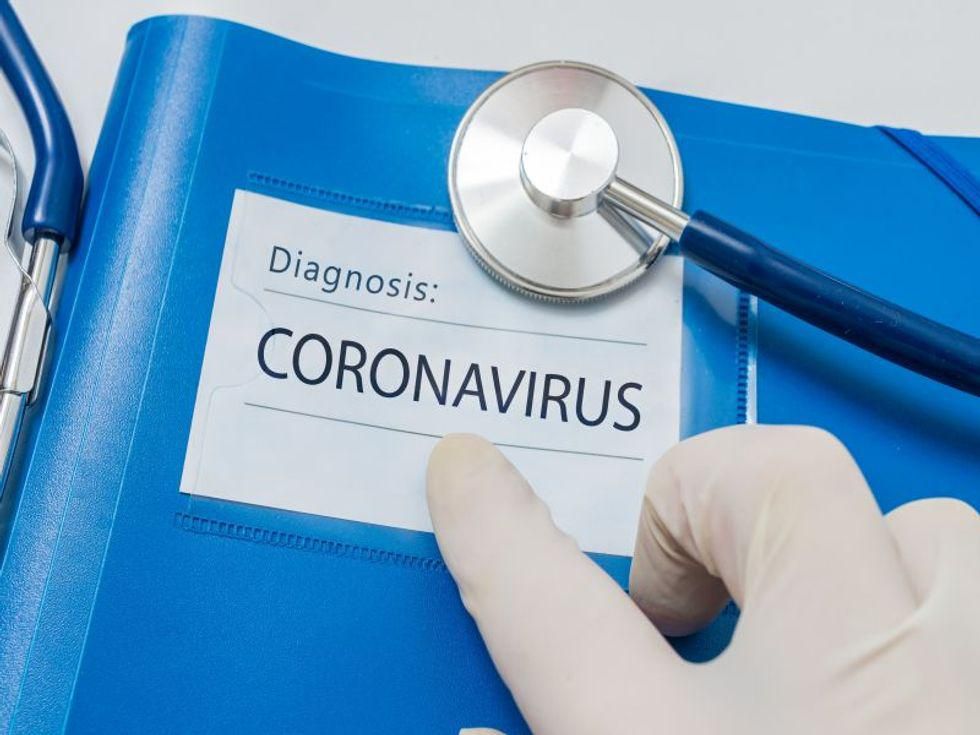FRIDAY, May 28, 2021 (HealthDay News) — Long-term data from northern Italy — an area hit hard during the early days of the pandemic — suggests that reinfection after recovery from COVID-19 infection is very rare, and immunity in former patients could be long-lasting.
“Natural immunity to SARS-CoV-2 appears to confer a protective effect for at least a year, which is similar to the protection reported in recent vaccine studies,” concluded a team led by Dr. Nicola Mumoli, of Fornaroli Hospital in Magenta, Italy.
The findings, which are based on the health records of more than 15,000 people, were published May 28 in the journal JAMA Internal Medicine.
Despite the encouraging results, there are still important reasons for people who’ve been through COVID-19 to get vaccinated, said one expert who wrote an editorial that accompanied the study.
“First, we do not know how long natural immunity lasts” after COVID recovery, wrote Dr. Mitchell Katz, of NYC Health and Hospitals. As well, it’s unclear how much illness-based immunity protects against new variants of SARS-CoV-2, he added.
Finally, there’s a broader social benefit to getting everyone vaccinated, Katz said.
“Achieving herd immunity through natural infection is a long and painful process and, historically, the only human disease to be eradicated, smallpox, was eradicated through vaccination, not natural infection,” he pointed out.
In the Italian study, reinfection was defined as the occurrence of new infection at least 90 days after “complete resolution of the first infection,” to make sure there was no confusion about traces of the first infection lingering in tests.
Mumoli’s group tracked rates of new infections among over 15,000 residents of the northern Italian region of Lombardy, using PCR COVID swab tests that were taken early in 2020 through to the end of February 2021.
Nearly 13,000 had tested negative for COVID-19 on their initial tests, while 1,579 had tested positive.
Within about a year afterwards, 3.9% of people who’d never tested positive for COVID-19 in prior testing did acquire a COVID infection, Mumoli’s group reported.
In contrast, just 0.31% — five people — of those who’d previously been infected picked up a second bout of the illness. Four of the five patients either worked in or visited hospitals, the researchers noted, suggesting that they had especially high potential exposures to the virus. Only 1 in 5 reinfected patients was sick enough to require hospitalization.
What’s more, reinfection typically occurred only after much time had elapsed: The average time from initial infection to reinfection was 230 days, Mumoli and his colleagues discovered.
But the researchers stressed that none of this means the previously infected should skip COVID-19 vaccination. Echoing Katz, they noted that their study “ended before SARS-CoV-2 variants began to spread, and it is unknown how well natural immunity to the wild-type [original] virus will protect against variants.”
More information
Find out more about COVID-19 and vaccination at the U.S. Centers for Disease Control and Prevention .
SOURCE: JAMA Internal Medicine, May 28, 2021
Copyright © 2026 HealthDay. All rights reserved.

